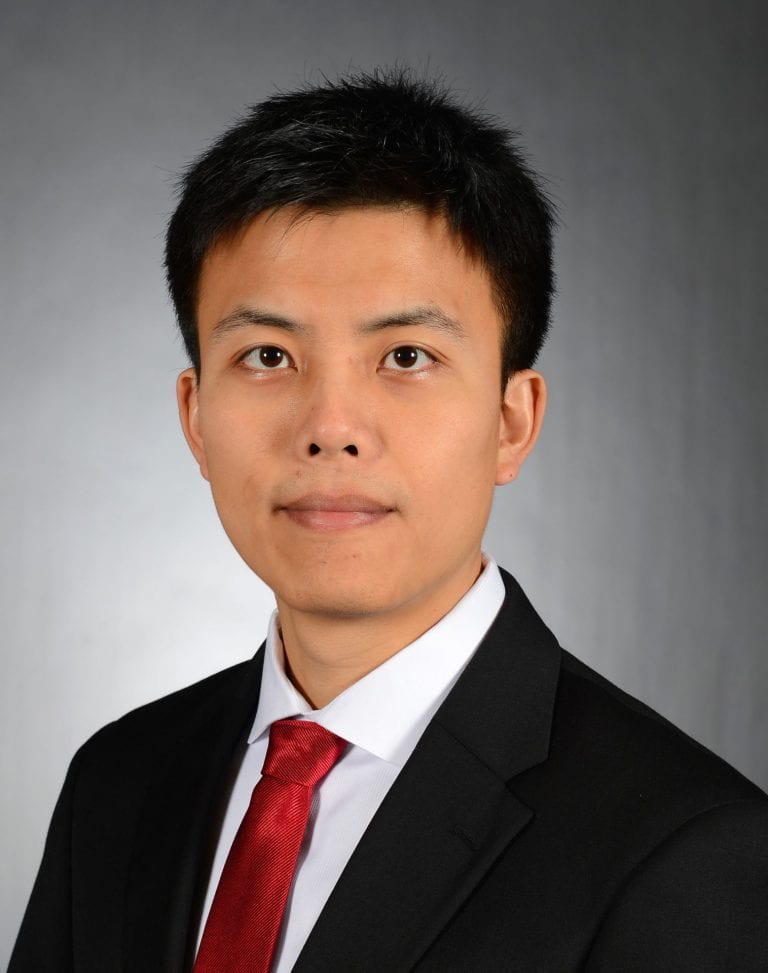Most critical systems, such as power grids and autonomous vehicles, integrate cyber and physical components seamlessly. Cyber-physical systems (CPS) are transforming the way people interact with engineered systems, and advancing them will only expand the horizons of these critical systems. However, researchers must challenge traditional ideas in CPS research with new concepts such as artificial intelligence (AI) and machine learning to secure these advancements within all application domains.
Mechanical and Aerospace Engineering Professor Peng Wei and his collaborators were awarded a $1.2M grant by the National Science Foundation’s CPS Program to step up to the challenge and utilize his expertise in AI and machine learning to solve the current safety challenges surrounding the emerging area of urban air mobility (UAM) applications. UAM is an emerging air transportation mode in which electrical vertical take-off and landing (eVTOL) aircraft will safely and efficiently transport passengers and cargo within urban areas.
Providing theoretical safety and robustness guarantees for learning-based neural network in-the-loop models in autonomous aircraft is a significant challenge, especially for UAM applications. Alongside project collaborators Professor Mengdi Wang from Princeton University and Professor Quanquan Gu from the University of California, Los Angeles, Wei will work on developing theory and algorithms for provably safe and robust multi-agent reinforcement learning in autonomous UAM aircraft.
The team will focus on the safety and robustness of (1) single-agent reinforcement learning, which includes min-max safety margin, safety-constrained RL, and variational policy gradient for minimum distribution risk; (2) multi-agent reinforcement learning, which includes federated reinforcement learning and scaling mechanisms for varying agent numbers; and (3) simulations to the real world, which includes value-targeted mode learning and safe adaptation mechanism for Sim2Real. The results will be validated by common AI testbeds and UAM testbeds.
Although UAM has enormous economic potential and will alleviate ground traffic congestion by leveraging the 3D urban space, its success will depend on the safe and robust multi-agent autonomy to scale up the operations to high-throughput traffic. To accomplish this and maintain U.S. global leadership in UAM, the White House, Congress, and the National Academy of Engineering have published guidelines and passed bills to encourage fundamental research on UAM. Private companies worldwide, such as Boeing, Bell, Airbus, Joby, Wisk, Embraer, Archer, Volocopter, Lilium, and EHang, are competing to build and test practical eVTOL aircraft for UAM operations.
“Our team appreciates the NSF CPS program’s recognition and support. We look forward to developing new algorithmic and mathematical tools to support safe, robust, and scalable multi-agent reinforcement learning and its adoption in urban air mobility applications. We are also excited to work with our post-doctoral and Ph.D. students and multiple collaborators from the government and industry,” Wei stated.


